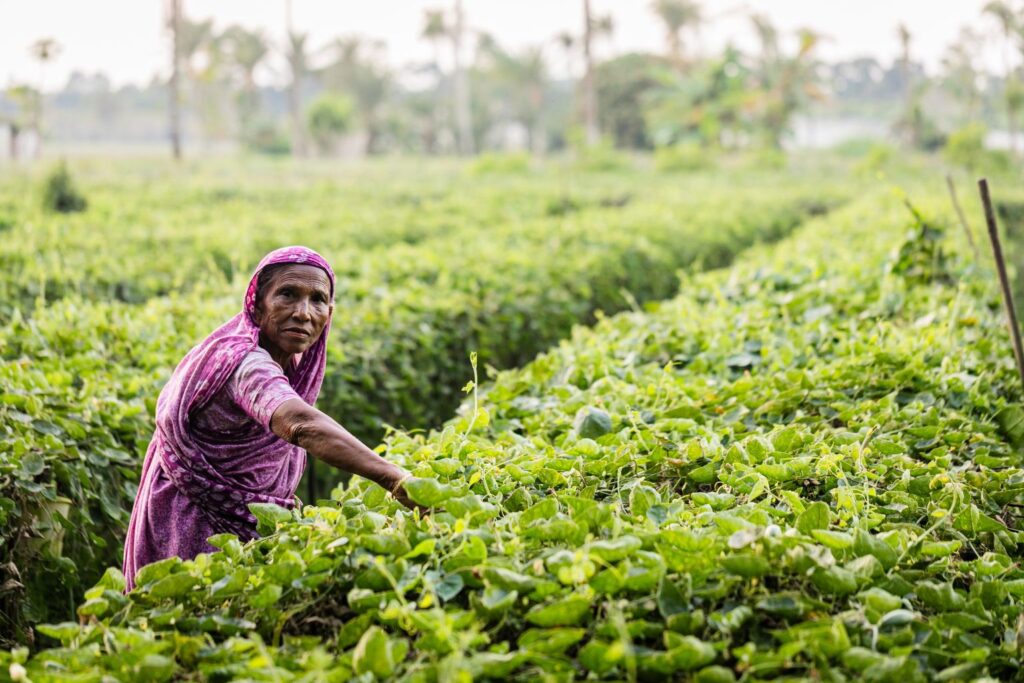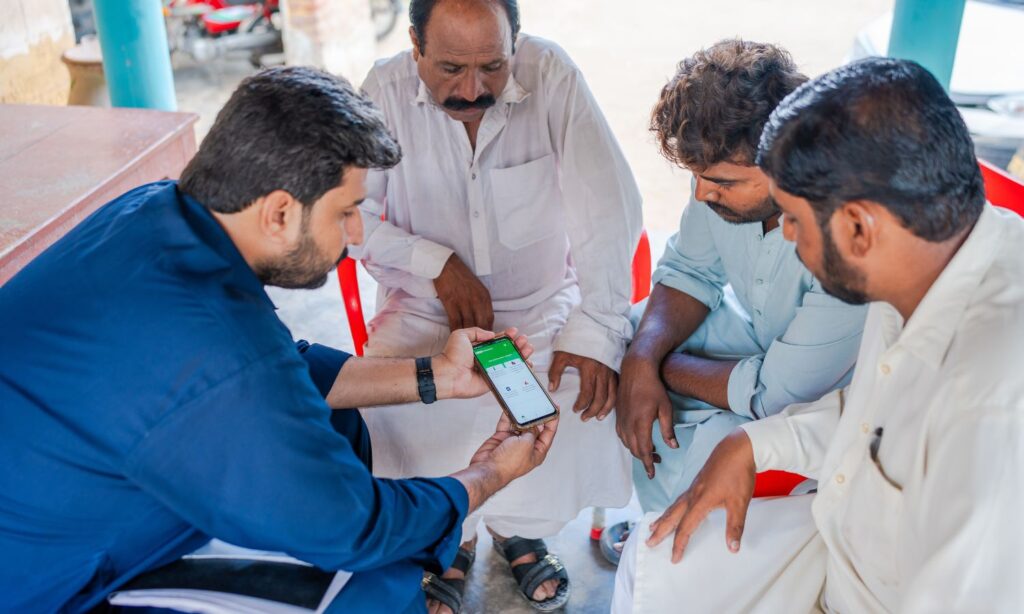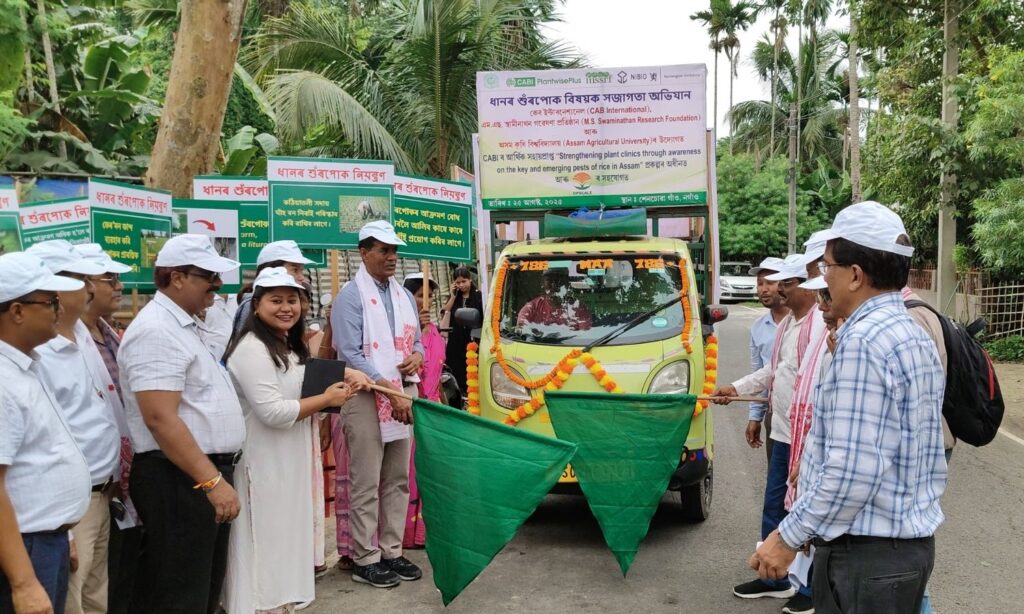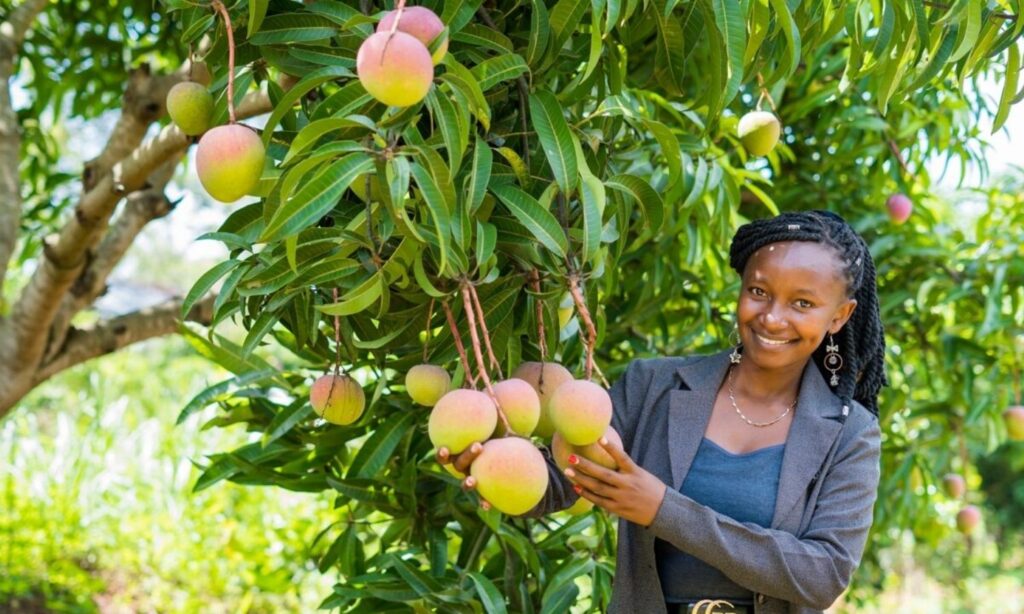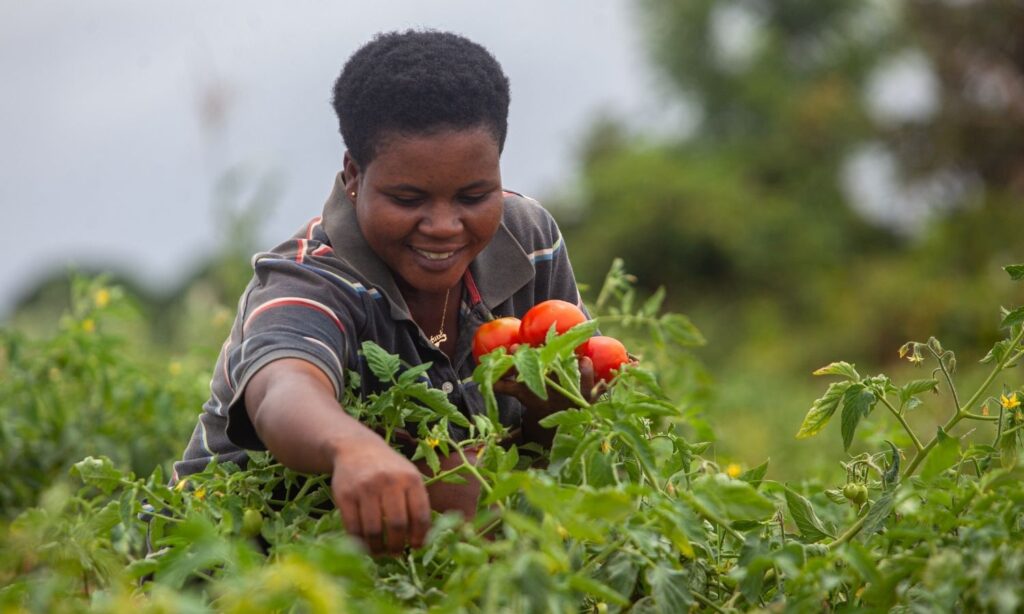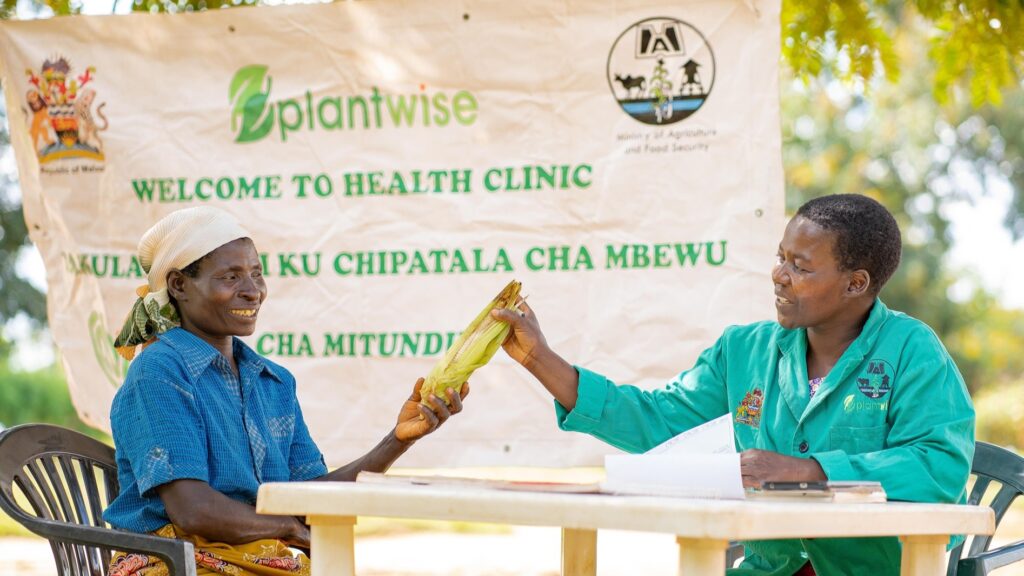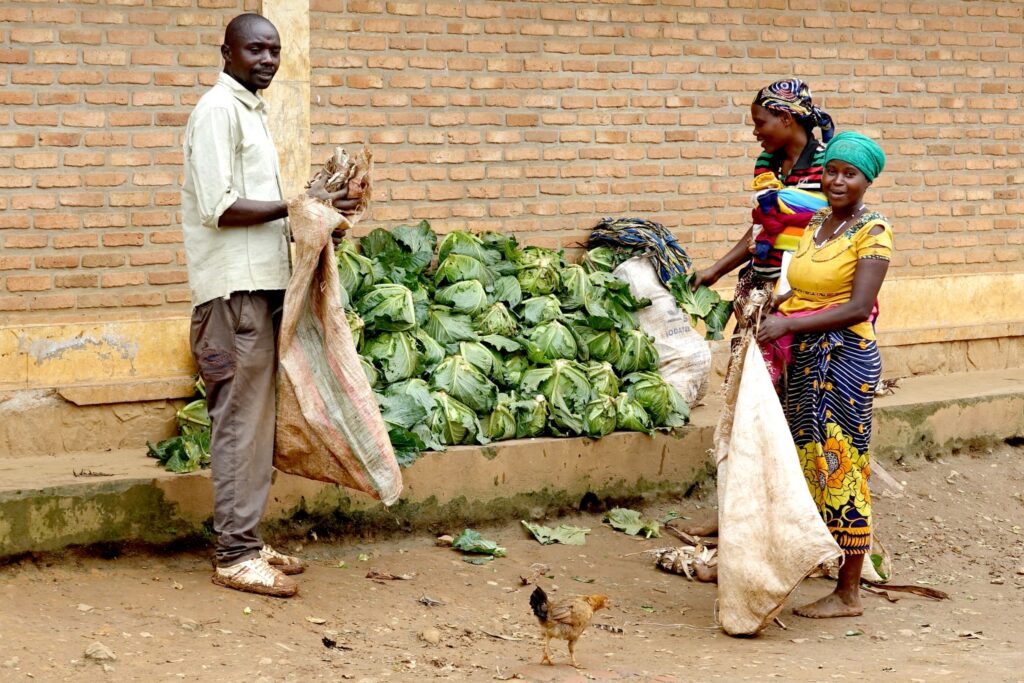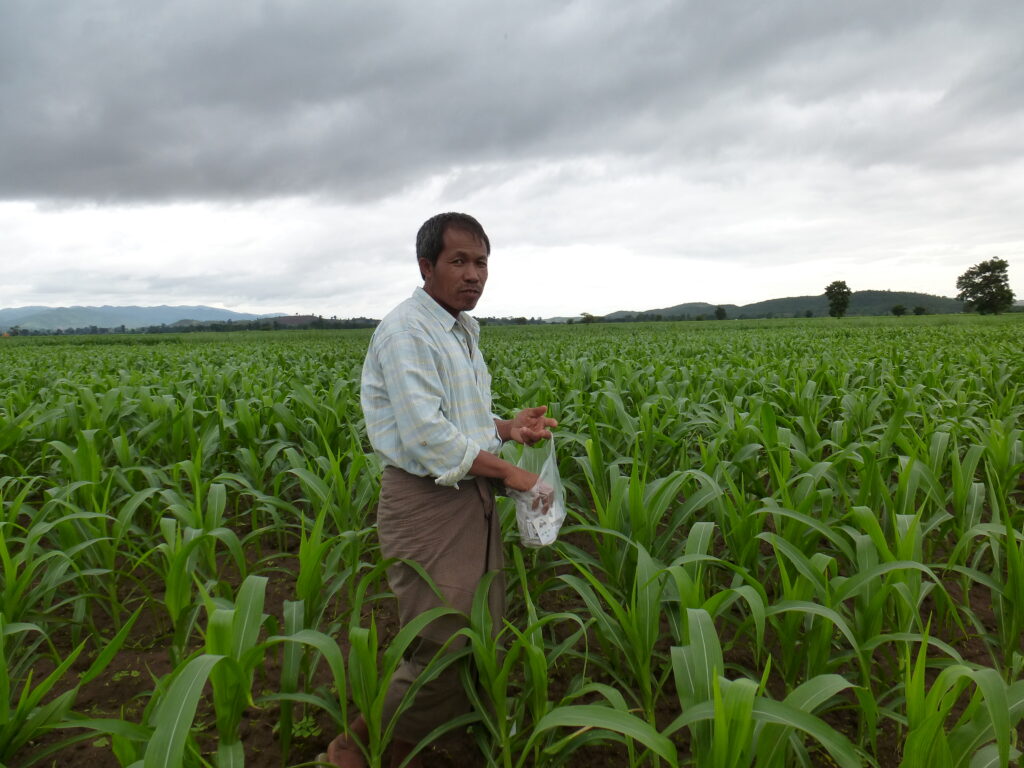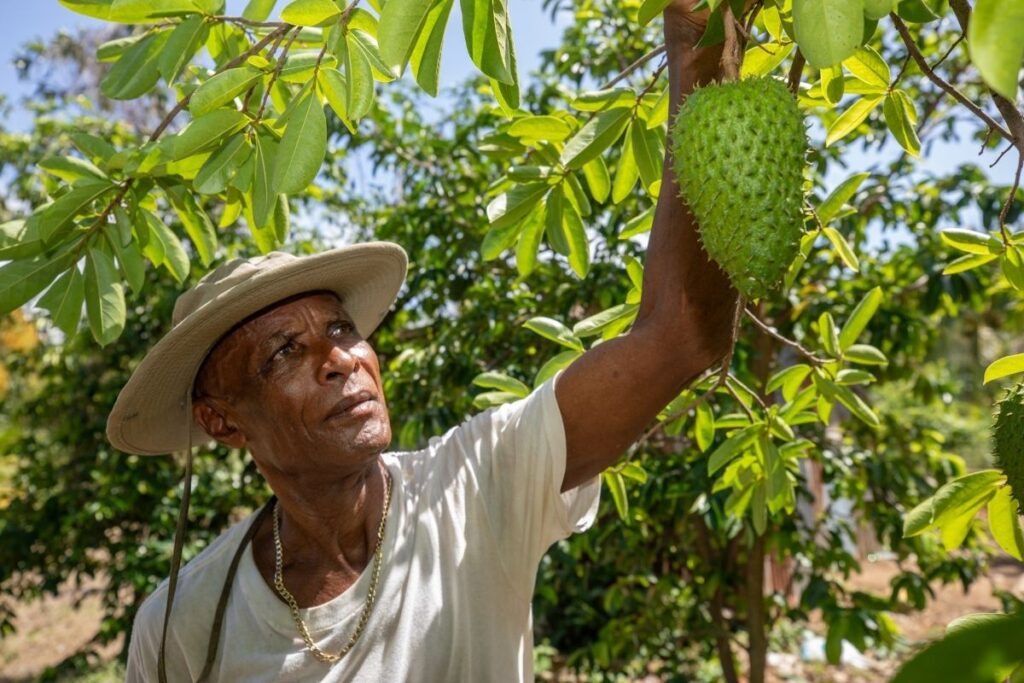5 ways digital agriculture tools are transforming pest management
Finding accurate, locally contextualised information at the right time is essential for tackling crop pests. Digital agriculture tools are helping farmers and those who advise them by putting expert knowledge directly in their hands.
Most read blogs of 2025
As 2025 comes to a close, we’ve tallied the numbers to reveal the top 10 most read blogs on the PlantwisePlus Blog this year, plus a few firm favourites! Our most read blogs feature voices from those benefiting from our work, as well as crop pest guides, digital tools, and invasive species management, highlighting the…
Plant clinics in Malawi: Reducing pest threats to increase crop yields and farmer incomes
Plant clinics in Malawi are empowering smallholder farmers to manage crop pests more effectively. In 2025, scientists published a paper in Plant Environment Interactions reviewing the impact of plant clinics on farmers in Malawi. The clinics have created a frontline support system for smallholders in remote, rural locations. In addition, they have helped to strengthen…

